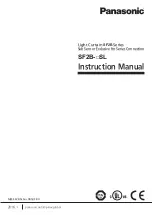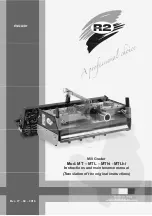
19
Using the Wireless EMG Sensors
Orienting the EMG Sensors on the Skin
Trigno EMG Sensors employ 4 silver bar contacts for detecting the EMG signal
at the skin surface. For maximum signal amplitude, it is important to orient
these bars perpendicular to the muscle fiber direction. The top of the sensor is
shaped with an arrow to aid in the determination of this orientation. The arrow
should be placed parallel to the muscle fibers underneath the sensor. The
sensor should also be placed in the center of the muscle belly away from
tendons and the edge of the muscle. The sensor is easily attached to the skin
using the Delsys Adhesive Sensor Interface.
Figure 6. EMG Sensors must be properly oriented with the muscle fibers. Align the
sensor’s arrow with the direction of the underlying muscle fibers.
Cleaning the Sensor Site
Prior to affixing the EMG sensor on the surface of the skin, the sensor site must
be properly cleaned to remove dry dermis and any skin oils. Wiping the skin
prior to sensor application helps ensure a high quality signal. If excessive hair is
present, it will also be necessary to shave the site. In cases where the skin is
excessively dry, it may be useful to dislodge dry skin cells by dabbing the site
with medical tape. The dry cells will attach the tape’s adhesive when it is
removed. Be sure to wipe with isopropyl alcohol to remove any adhesive
residue that may remain.
Applying the Trigno Adhesive Skin Interfaces
Trigno System are supplied with specially-designed adhesive interfaces to
simplify sensor attachment. These hypo-allergenic interfaces are manufactured
from medical grade adhesive approved for dermatological applications. Usage
of the interface promotes a high quality electrical connection between the
sensor bars and the skin, minimizing motion artifacts and the ill-effects of line
interference. To ensure a strong bond with the skin, it is advised to remove
excessive hair and wipe the skin area and the EMG Sensor with isopropyl
muscle-fiber direction









































